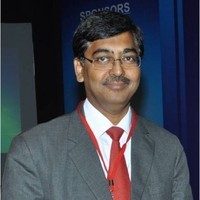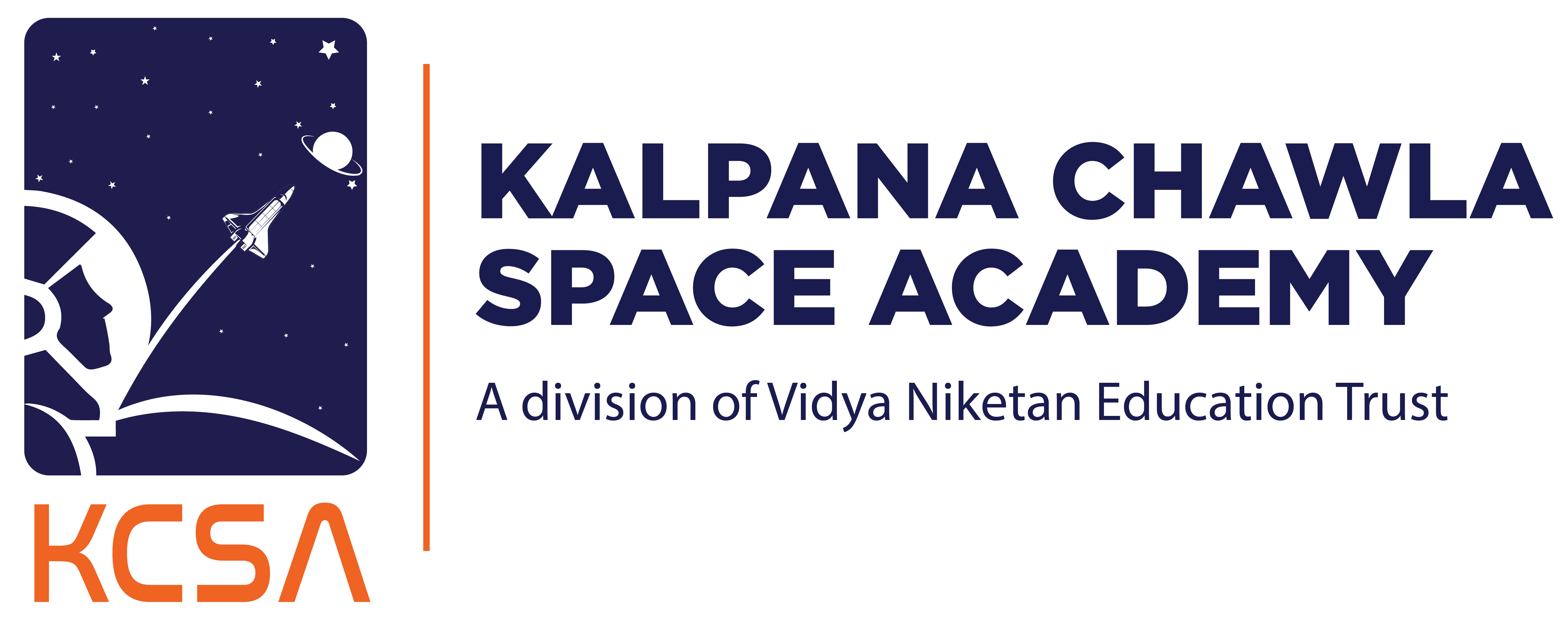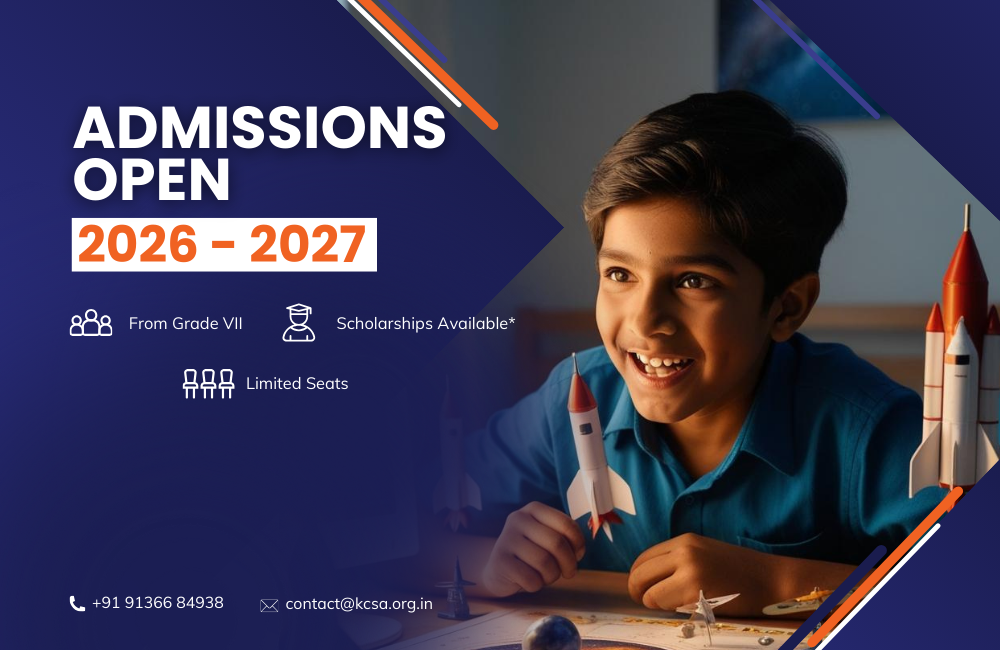

Board of Studies
The Board of Studies at KCSA serves as a pivotal body entrusted with enhancing academic excellence, fostering innovation, and maintaining curriculum relevance in the fields of space science, technology, and related disciplines. Comprising experts, practitioners, scientist, researchers, educators, and industry professionals, the Board plays a vital role in shaping the educational direction and standards of our institution.
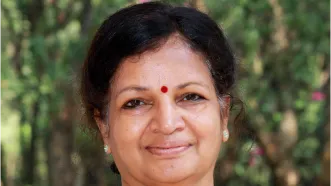
Kusala Rajendran
Read More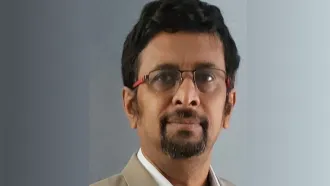
Prosenjit Ghosh
Read More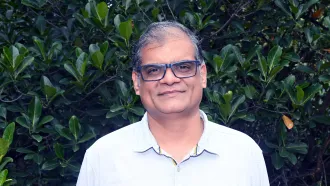
Sajeev Krishnan
Read More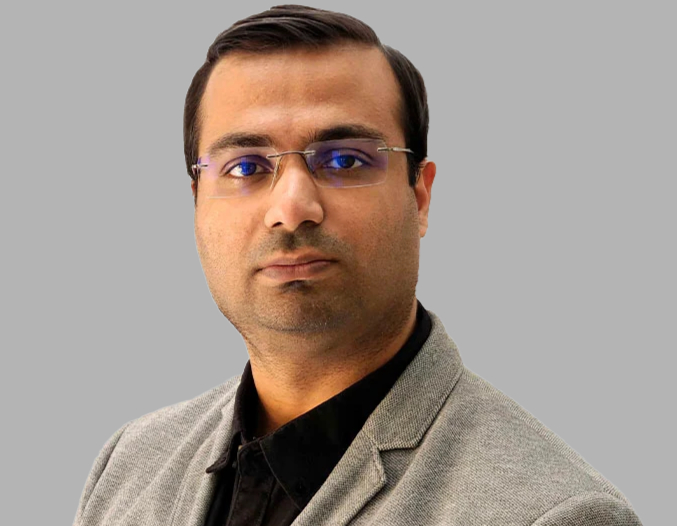
Shadab Shaikh
Read More
Srikant Kamerikar
Read More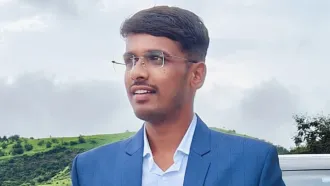
Shubham Bajirao Yadav
Read More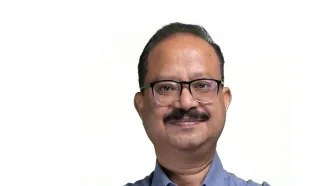
Tarun Souradeep
Read More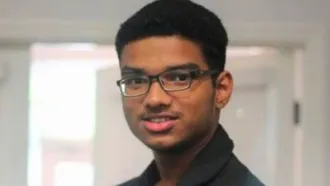
Akshat Mohite
Read More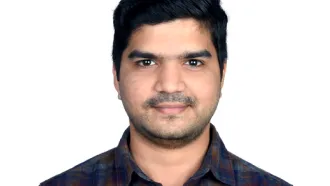
Dhanraj Jadav
Read More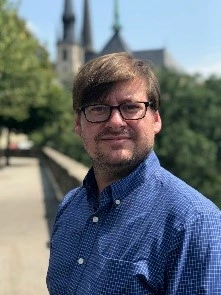
Dr. P J Blount
Read More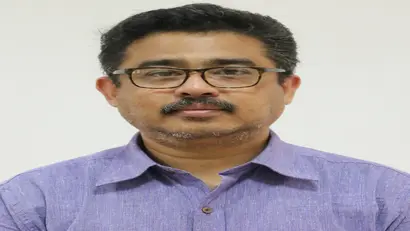
Sudip Das, Ph.D
Read More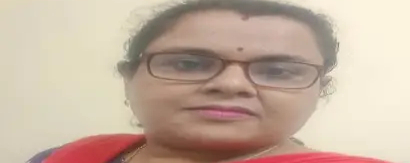
Shelly Biswas
Read More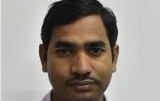
Rajiv Kumar
Read More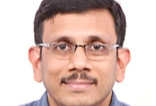
Binod Sreenivasan
Read More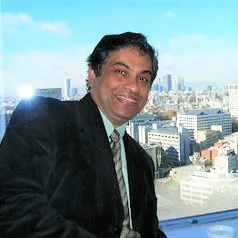
C.P. Rajendran
Read More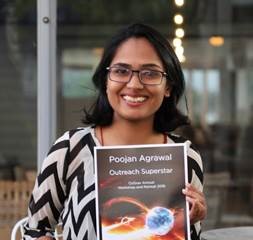
Dr. Poojan Agrawal
Read More